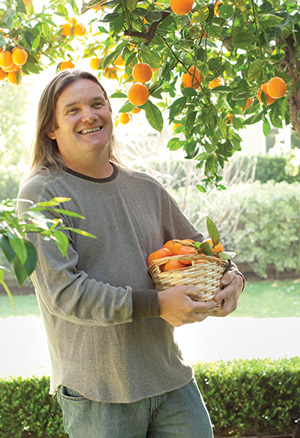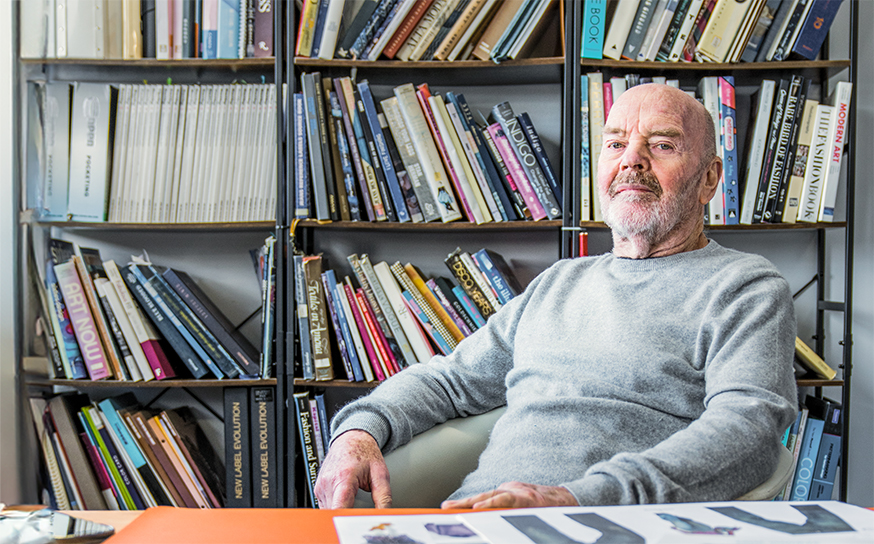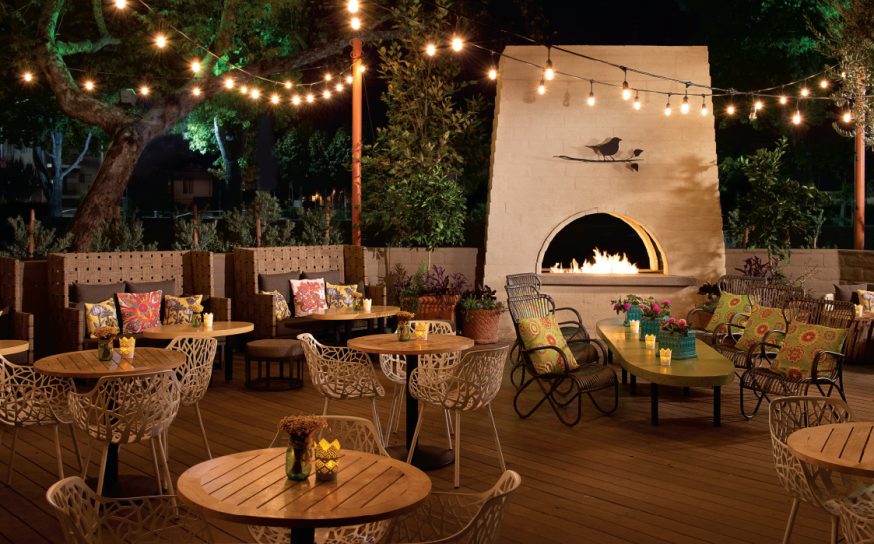
John Lyons
I grew up on a farm in western Ireland. My mother was a keen gardener, and we grew our own food,” John Lyons says. Yet when he moved here from New York, the garden designer was surprised at the lack of people who grew fruit and vegetables.
-
CategoryPeople
I grew up on a farm in western Ireland. My mother was a keen gardener, and we grew our own food,” John Lyons says. Yet when he moved here from New York, the garden designer was surprised at the lack of people who grew fruit and vegetables. “You can grow in the Valley 365 days a year! The climate is ideal for harvesting food, especially citrus. And in a place like Woodland Hills, it’s the tradition. I thought it strange how people had moved away from that.”
Lyons aims to bring ‘em back. His firm, The Woven Garden, does it all–from a simple kitchen patch to a classic French potager to a state-of-the-art garden that harvests rainwater for irrigation.
Now, we don’t mean to infer that Lyons doesn’t care about aesthetics. Lyons prides himself on making beautiful outdoor spaces. Every once in a while he’ll even choose a flowering specimen tree. More often, though, you’ll find him planting citrus.
“You get the same pretty blossoms, fragrance and best of all delicious fruit. Why not have trees that are functional and decorative?” Small yard? Get a big pot. “Semi dwarf citrus can flourish in a pot. It just has to be a large, wide container so the roots have enough room.” For an unexpected touch, Lyons trellises potted citrus up a wall.
Lyons avoids, for the most part, pedestrian variety annuals like impatiens. Instead he prefers natives like wild grasses and succulents, which not only thrive here but are more practical. “Succulents and grasses need a deep watering once a month. Same for citrus. It just makes sense because, although people don’t like to think about it, we’re running out of water.”
Lyons, who lectures and teaches, says regardless of plant selection, don’t underestimate the importance of soil. Here in the Valley, soil tends to be fertile but dense. He suggests regularly adding organic amendment—not just buying it but making your own. “Toss kitchen waste in worm bins and yard clippings in composting bins,” he suggests. “If you create great soil and put a plant in, particularly a native, the plant will do the rest. Focus on making healthy soil and you can’t not have a green thumb.”
Architect May Sung Comes to The Rescue on a Studio City Reno Gone Wild
In the right hands…finally!











